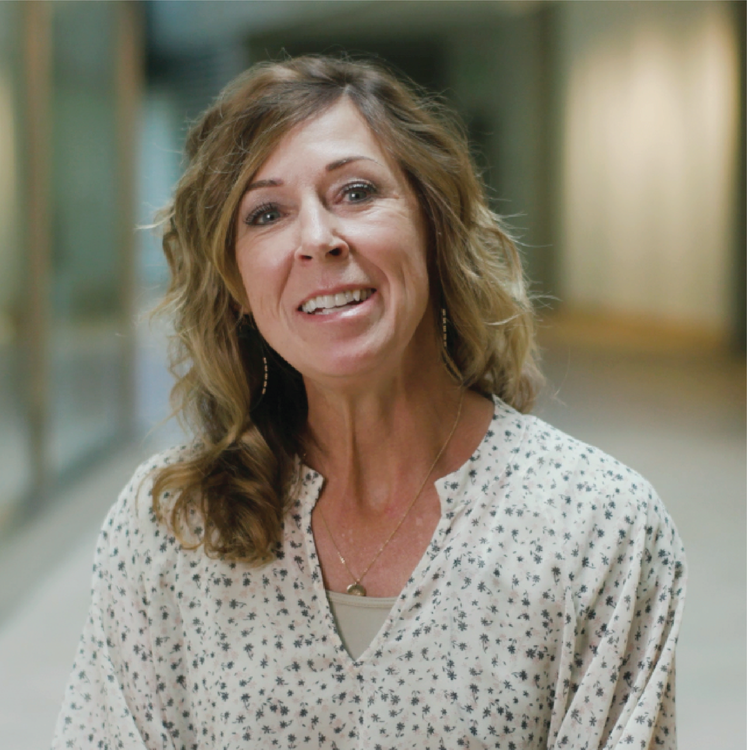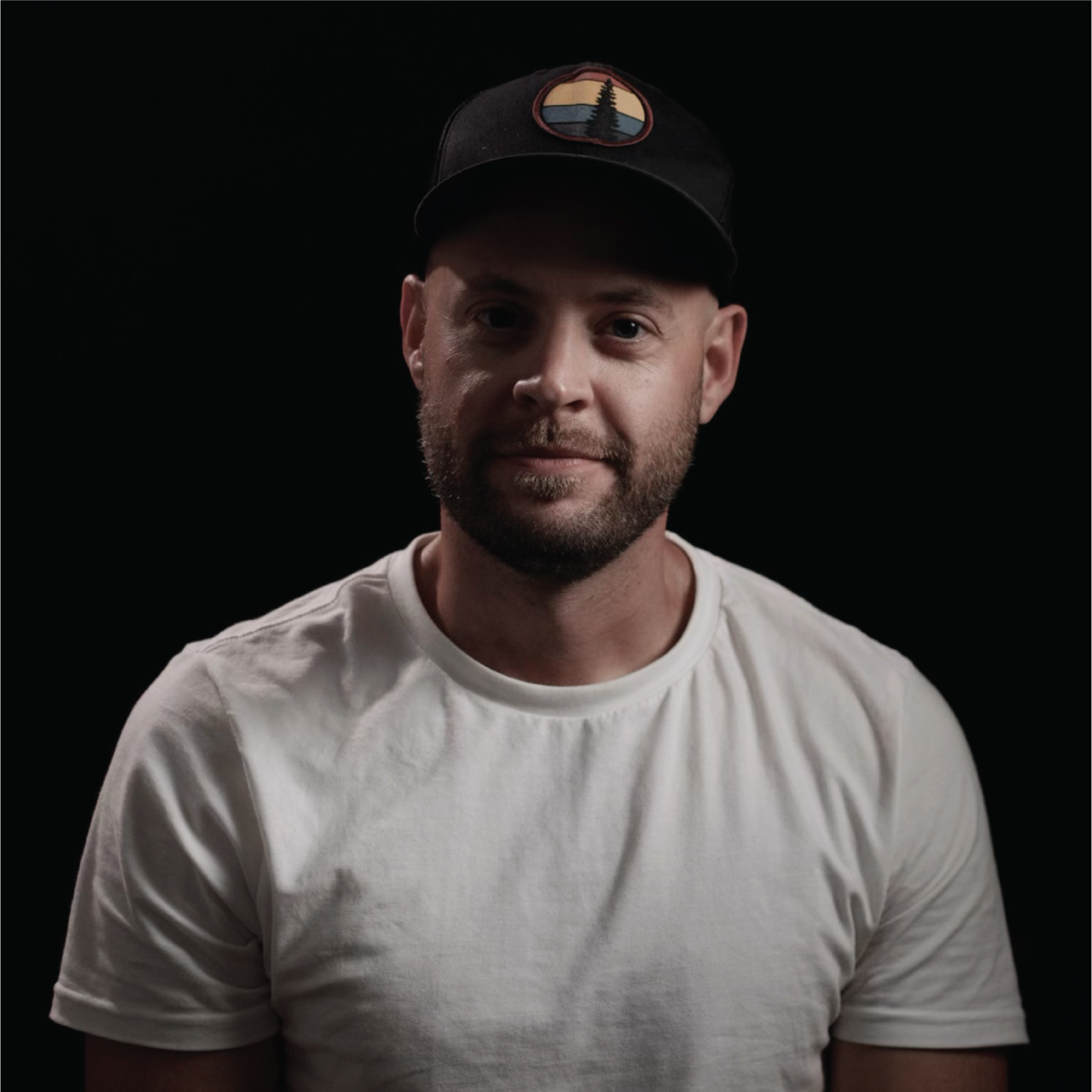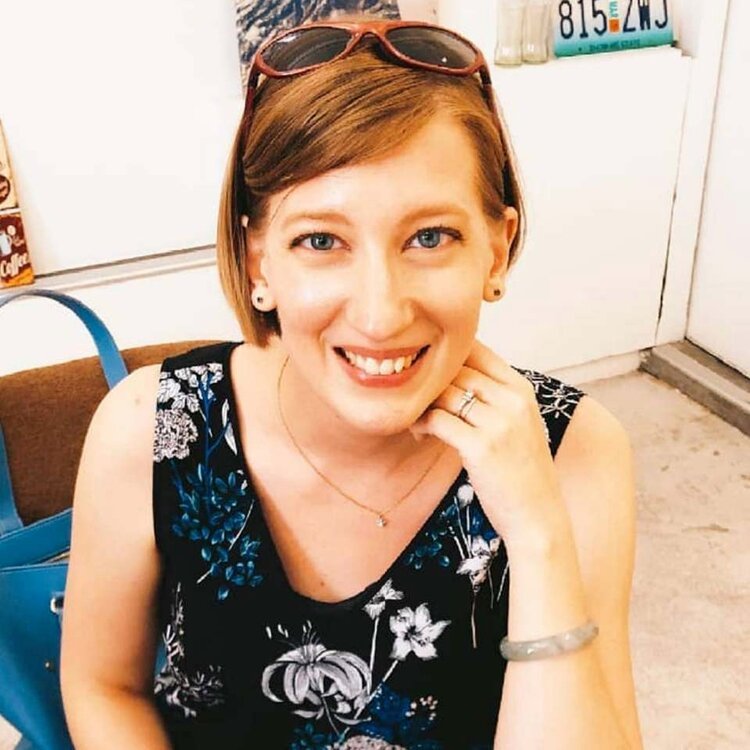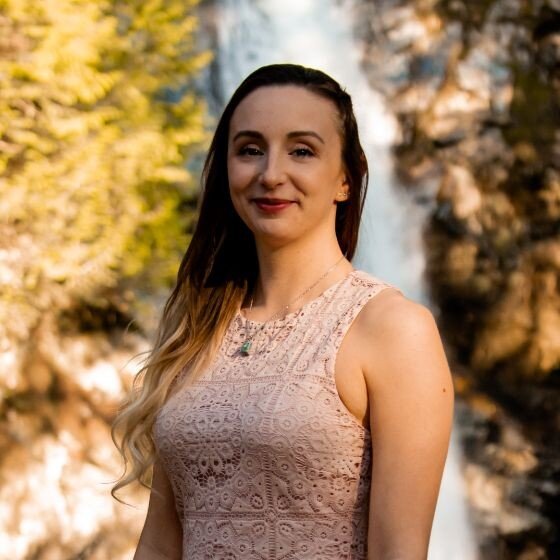Whose History
The Whose History
Disrupting the Colonial Narrative in Fourth Through Sixth Grade Social Studies Education
Whose History is a project working, in part, to better understand how Indigenous perspectives are represented in K-12 classrooms. As an interdisciplinary team of Indigenous and non-Indigenous researchers, educators, designers, and community leaders, we seek to tackle the pressing issues of inequity embedded in social studies education. Specifically, we are examining teachers’, students’, and Tribal members’ perspectives on whether and from whose perspective Indigenous history and existence is taught in 4th-6th grade social studies, where American Indian history is first required in Utah. Learn more on our website.
PROJECT TEAM
FUNDER
CLASP Collaborative
The Community Learning Around Sharing and Partnership (CLASP) collaborative is dedicated to fostering unity through collaboration within local communities.
The Community Learning Around Sharing and Partnership (CLASP) collaborative is dedicated to fostering unity through collaboration within local communities.
PROJECT TEAM
Analysa Allison
Nebo Title VI Program
Charlene Pete
Confederated Tribes of the Goshute Reservation
Clell Pete
Confederated Tribes of the Goshute Reservation
Eileen Quintana
Nebo Title VI Program
James Cawley
Centerstar Creative
Neil Larson
Centerstar Creative
Tifiny Mills
Utah State University
Centering Culture
The Centering Culture team is committed to contributing practical, accessible curricula and toolkits to support teams dedicated to developing their own and their teams’ cultural awareness, knowledge, and skills. Centering Culture tools and resources are designed and developed in partnership with practitioners, community members, and stakeholders in fields and with lived experiences relevant to the respective community and professional context.
The Centering Culture team is committed to contributing practical, accessible curricula and toolkits to support teams dedicated to developing their own and their teams’ cultural awareness, knowledge, and skills. Centering Culture tools and resources are designed and developed in partnership with practitioners, community members, and stakeholders in fields and with lived experiences relevant to the respective community and professional context. For more information, visit centeringculture.org.
PROJECT TEAM
Community Research Trainings
As part of an NSF funded effort, the community research team seeks to develop resources and trainings to support researchers, community partners, and the public in learning how to conduct ethical research that is grounded in values of reciprocity, relationality, and respect. Our resources and trainings are available here.
As part of an NSF funded effort, the community research team seeks to develop resources and trainings to support researchers, community partners, and the public in learning how to conduct ethical research that is grounded in values of reciprocity, relationality, and respect. Our resources and trainings are available here.
PARTNERS
PROJECT LEADS
CURRENT TEAM
GRATITUDE TO PREVIOUS CONTRIBUTERS
Braiding Knowledge
The Braiding Knowledge project is a collaboration between Dr. Melissa Tehee, Dr. Breanne Litts, and Dr. Rogelio Cardona-Rivera that seeks to create new forms of technology that support Indigenous perspectives. Learn more here on our project website.
The Braiding Knowledge project is a collaboration between Dr. Melissa Tehee, Dr. Breanne Litts, and Dr. Rogelio Cardona-Rivera that seeks to create new forms of technology that support Indigenous perspectives. Learn more here on our project website.
PROJECT TEAM
Culture- & Trauma-Informed Training
Our team seeks to develop training and infrastructure that supports development of cultural awareness, knowledge, and skills across a range of healthcare contexts.
Our team seeks to develop training and infrastructure that supports development of cultural awareness, knowledge, and skills across a range of healthcare contexts. This work is guided by the ongoing work in Dr. Melissa Tehee’s Tohi Lab. Our current work is focused on developing culture- and trauma-informed training and resources for practicing healthcare professionals and students. In partnership with the the Intensive Outpatient Clinic (IOC) at the University of Utah, we take a trauma-informed approach to collaboratively designing a holistic and patient-centered cultural competence training. In addition to scaling implementation to potentially include training programs of healthcare professionals, we are co-investigating how the training shifts participants’ interactions with their colleagues, care for their patients, and perspectives of themselves
PARTNERS
PROJECT LEADS
TEAM
Culture, Technology, & Representation with Youth
In this dissertation, Lili Yan leads our team’s investigation of how students develop relationships with culture through culturally center learning activities.
Culture has been historically considered as peripheral to a Western-oriented educational environment. However, learning environments are, in fact, not culturally neutral, which often prescribes expectations of certain knowledge, practices, and ways of being. In this dissertation work, I work alongside a team of Indigenous and non-Indigenous researchers, educators, and designers to design a culturally centered learning environment based on our evolving work throughout our multiyear research practice partnership. As a multiple-paper dissertation, I share learner-level insight on how youths develop relationships with culture in the first paper, in which I (re)conceptualize the way youths learn and engage with culture as Ti-Wu. In the second paper, I examine how technology mediates youths’ relationship with culture with a case study approach. I document the design process throughout my dissertation study in a narrative reflection. My dissertation work took place during the COVID-19 pandemic and contributes to the conversation on how to center culture in a formal learning environment when our society is facing multiple challenges to engage learners with culture in the classroom.
Dissertation Committee: Breanne Litts (Chair), Melissa Tehee, Jody Clarke-Midura, Hillary Swanson, Marisela Martinez-Cola
PARTNERS
PROJECT LEAD
TEAM
FUNDERS
Daigwade
The Daigwade project is a community-based effort with the Northwestern Band of the Shoshone Nation. We are working with families to create place-based storytelling experiences that share and preserve the Tribe’s culture.
The Daigwade project (NSF Grant #1943630) is a community-based project with the Northwestern Band of the Shoshone Nation. The Daigwade project seeks to engage families in the Northwestern Band of the Shoshone Nation with the overarching goal to preserve and share culture with digital and non-digital technologies. We are developing family and community programming to teach culture, technology, science, and art. Please check out the project website for more information about this project: daigwade.org.
PARTNERS
PROJECT LEAD
TEAM
Cultivating Connections
In partnership with Dr. Melissa Tehee (Psychology, USU) and her Tohi Lab, Dr. Litts and the LED Lab are working with Edith Bowen Laboratory School (K-6) to investigate how to collaboratively (re)design cross-cultural field experiences for sixth graders to effectively develop culturally competent citizen scholars. The key aim of the project is to cultivate connections across partners, cultures, and disciplines.
In partnership with Dr. Melissa Tehee (Psychology, USU) and her Tohi Lab, Dr. Litts and the LED Lab are working with Edith Bowen Laboratory School (K-6) to investigate how to collaboratively (re)design cross-cultural field experiences for sixth graders to effectively develop culturally competent citizen scholars. The key aim of the project is to cultivate connections across partners, cultures, and disciplines. This work is funded by USU’s Seed Program to Advance Research Collaborations and the Spencer Foundation.
PARTNERS
PROJECT LEADS
TEAM
FUNDERS
TEACH Training
The LED Lab and the Tohi Lab partnered to rebrand and redesign the TEACH cultural competence training to make it accessible to the USU community and more broadly to the public.
With funds from a Howard Hughes Medical Institute Inclusive Excellence award, Dr. Melissa Tehee and the Tohi Lab developed the TEACH cultural competence training. The LED Lab and the Tohi Lab partnered to rebrand and redesign the TEACH cultural competence training to make it accessible to the USU community and more broadly to the public. These combined efforts were funded, in part, by Utah State University President’s Office, the Emma Eccles Jones College of Education and Human Services, and the Instructional Technology & Sciences Department. The training is available here.
